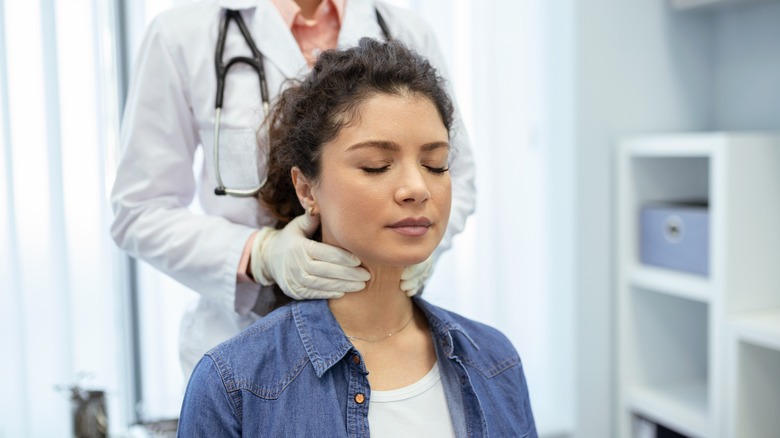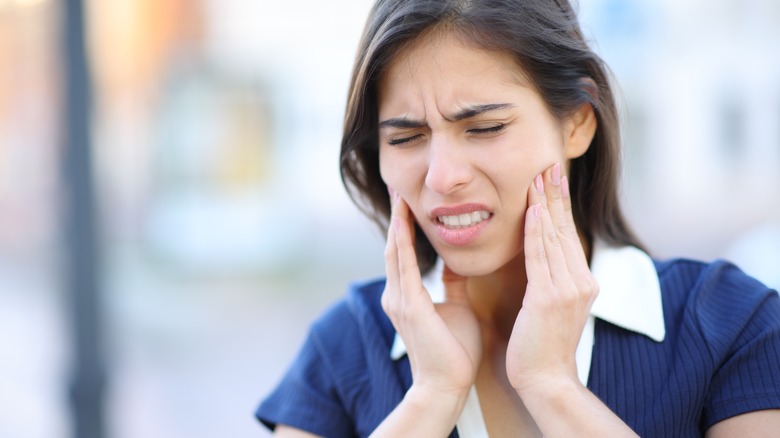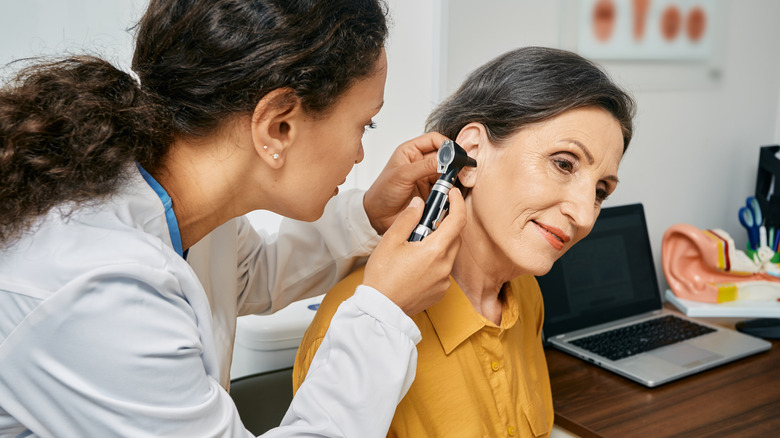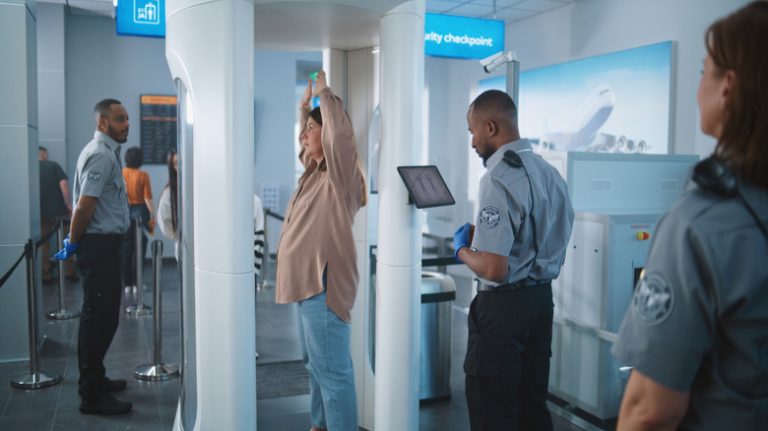
The strawberry cheesecake from your favorite bakery is a delight you can’t resist. However, during your first bite, you notice a peculiar clicking sound when you swallow. While this sudden click might heighten your anxiety, there are multiple reasons for such a sound, such as a clicking hyoid bone, TMJ disorder, or eustachian tube dysfunction. Gaining insight into the swallowing process and its components can help you understand which part might be causing the clicking.
As indicated by the Physical Medicine and Rehabilitation Clinics of North America, swallowing is a sophisticated process that involves the reflexive actions of various nerves and muscles. The food travels from the oral cavity to the esophagus and eventually reaches the stomach. Some of the muscles and structures involved include the hyoid bone, thyroid cartilage, and palatopharyngeal muscles. Abnormalities in these structures might result in clicking or even pain when you consume your morning coffee or preferred foods.
We’ll assist you in identifying the source of the clicking when you swallow. Additionally, we’ll discuss specific treatment options to help you swallow comfortably.
Your hyoid bone could be clicking

Diagnosing clicking when you swallow can be challenging for doctors due to the complex nature of swallowing mechanisms. However, a primary area to examine is the hyoid bone, as suggested by a 2015 study in the National Journal of Maxillofacial Surgery. A condition known as “clicking larynx,” considered rare, occurs when the hyoid bone enlarges and rubs against the cervical vertebrae during swallowing. This friction can cause pain for the individual when eating or drinking.
The enlargement of the hyoid bone typically results from trauma. A clicking larynx may also be due to a shortened distance between the hyoid and thyroid cartilage, as noted by a 2021 study in Auris Nasus Larynx.
Regardless of the cause, imaging is necessary to determine why the hyoid bone is rubbing. Treatment may involve a conservative approach by manipulating the neck bones to reduce friction. Surgical intervention, such as shaving down the hyoid bone, might be necessary to alleviate the clicking.
Clicking throat may be related to TMJ

The clicking sound you hear when you swallow might not originate from the throat or larynx. Instead, it could be related to the jawbone. Popping jaw is a common symptom of temporomandibular joint (TMJ) disorder. The clicking sounds arise from the jaw’s movement. Thus, the motion of your jaw while swallowing may lead to the clicking you hear.
TMJ disorders also manifest as muscle pain in the cheeks and temples, as stated by Trimmell Anders & White Orthodontics. Pain might be linked to teeth grinding during sleep, causing soreness and stiffness upon waking. According to the Cleveland Clinic, other symptoms may include headaches, earaches, and neck pain.
Treatment for TMJ disorders varies depending on symptom severity. Adjusting posture and minimizing extensive jaw movements can help, especially if jaw locking occurs. Penn Medicine suggests stress reduction, jaw exercises, and hot and cold compresses as beneficial practices. Massage and therapies such as transcutaneous electrical nerve stimulation (TENS) can stimulate the jaw. Severe TMJ cases may require surgery, like arthrocentesis to remove fluid from the jaw joint, or arthroplasty to reposition the jaw.
Eustachian tube dysfunction may be to blame

Sometimes, the sound you hear isn’t related to your throat. Instead, it’s the act of swallowing that affects your ears. Crackling or popping when you swallow is a common symptom of eustachian tube dysfunction (ETD). Your ears contain a tube that opens and closes in the back of your throat. This tube is essential for ear pressure balance, fluid drainage, and shielding you from internal body noises, according to Johns Hopkins Medicine.
When dysfunction occurs, it can cause ear pain and pressure, as well as popping or cracking sounds during swallowing. According to the Cleveland Clinic, about 1% of adults experience this disorder, which manifests in different forms. Patulous ETD means the tubes remain open, obstructive ETD implies they remain closed, and baro-challenge-induced ETD means the tubes don’t open correctly at certain altitudes.
ETD is typically caused by allergies, colds, and viruses, but GERD or acid reflux can also irritate it. Additional symptoms include ear ringing, hearing issues, and dizziness. Medications that reduce inflammation can help open the tubes. In severe cases, surgery may be necessary.




